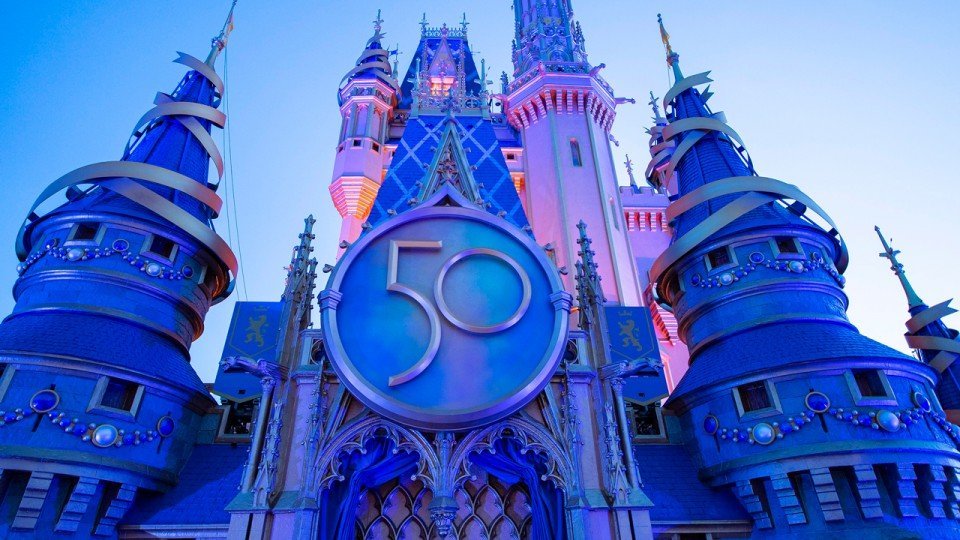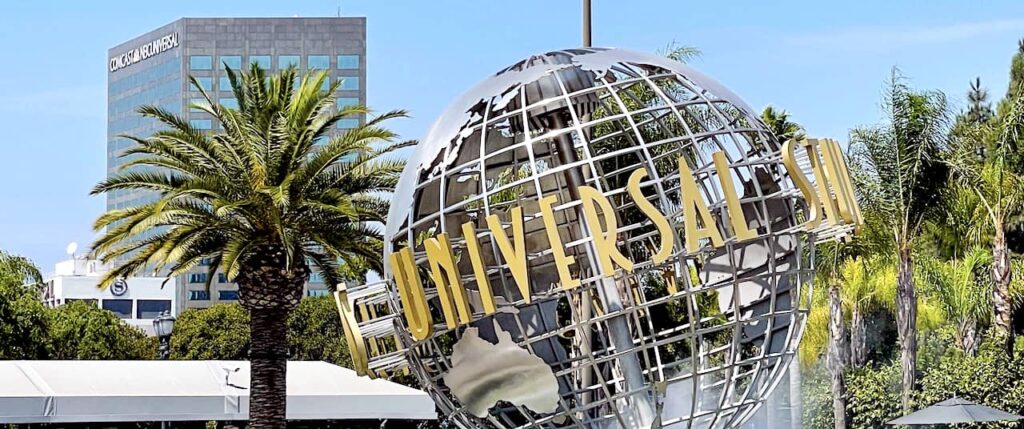September 19, 2023, 12:51 PM ·
Let’s get into why Disney filed a federal report, invited a bunch of analysts to Walt Disney World and dropped that big CapEx news this morning.
In case you missed it, The Walt Disney Company announced that it would nearly double its capital expenditures in its Disney Parks, Experiences and Products segment over the next 10 years compared with the previous 10. That would bring its spending on new capital products at its theme parks and cruise line up to US$60 billion over the upcoming decade: Disney to nearly double theme park capital expenditures.Now Disney did not take this opportunity to announce any new projects on which it would be spending that money. The company’s SEC statement and press releases referenced only previously announced projects, including the Disney Treasure, Disney Adventure and third new ship coming to the Disney Cruise Line, plus the new Zootopia and Frozen lands coming to its theme parks in Shanghai and Hong Kong. For what it’s worth, the Fantasy Springs expansion would fall on the Oriental Land Co.’s books for CapEx, and not Disney’s.So why make all this fuss if they’re not going to tell us anything new? To start, Disney’s intended audience for this announcement was not theme park fans. It was Wall Street. That’s why the news first broke via the medium through which Wall Street is supposed to get its corporate news – an 8-K filing with the U.S. Securities and Exchange Commission.
Disney clearly is looking to boost its stock price, which has been sliding for over two years, having hit over $197 a share in March 2021. The stock is trading today at about $82 a share, down over three percent just today. So Wall Street does not seem too enthused with what they are hearing so far today.In its presentation to investors, Disney reported a operating income margin of 28% for the Disney Parks segment over the last 12 months, with its operating income increasing four times over the past decade, following a three-times increase in aggregate investment. That multiplier – showing that Disney gets a greater return on its investment when it spends more money on the parks – is what the company hopes will drive more analysts to recommend Disney’s stock to investors.Disney has two problems with that message, however. First, Wall Street these days prefers returns that do not require investments. It’s unchecked greed that chases unicorns at the expense of companies and management teams that practice slow, steady returns. Second, Disney isn’t just a theme park company. Disney’s studio businesses have been having a terrible year, with almost all of its films underperforming expectations. The company’s two biggest box office draws this year have been the third Guardians of the Galaxy movie and the remake of The Little Mermaid. (Irony alert there for TPI Discussion Board followers.) But they trail far behind 2023 industry leaders Barbie and Mario.Disney also is pouring cash into its Disney+ streaming service, which continues to lose money along with pretty every other major studio streaming service. Hollywood severely underpriced its streaming services in an attempt to capture market share. But that strategy requires competitors to fold and cede their market share, which hasn’t happened. Meanwhile, actors and writers are striking to demand that they get paid more than pennies in residuals for the use of their work on streamers, which would drive studios’ costs higher and widen their losses on streaming if they don’t raise prices they charge consumers. Which… brings us back to the first issue, which is that Wall Street wants returns that do not require investments. That’s pushing studios to want to do more production with artificial intelligence (which does not cost nothing, by the way) rather than paying actors and writers. Hollywood labor is pushing back, stopping most production of new movies and TV series. So don’t be surprised when box office and ratings crash when the current supply of movies and shows in post production runs out, making Disney’s (and everyone else’s) studio problems even worse.Disney’s focus on theme parks to Wall Street analysts is a distraction defense. “Please ignore the mess in Hollywood and watch how we’re crushing it at our parks!”That leaves a lot of theme park fans slack-jawed in disbelief, given the current state of the park experience for many. But so long as per capita spending and overall income keeps rising at the parks, that’s all Wall Street cares about.Now $60 billion in improvements sounds like a lot of money, but spread over five theme park resorts and the cruise line, that’s about a billion a year for each. That’s a substantial additional to each resort, but Disney has other hurdles to clear before it spends that money, at least in the United States.And that brings us to the second audience for today’s announcement – politicians, and the people who vote for them, in Florida and Anaheim, California. Disneyland needs Anaheim city approval to develop attractions on land currently designated for parking at that resort. [See Let’s take a closer look at Disneyland’s expansion plans for the latest.] And Disney is current in federal litigation with the State of Florida over control of the Walt Disney World Resort property there. Today’s announcement is a reminder to decision makers in Florida and Southern California that Disney stands ready to pour billions of dollars in investment into their communities, if they play ball with Disney.”We have a wealth of untapped stories to bring to life across our business,” Disney Parks Chairman Josh D’Amaro told investors today. “Frozen, one of the most successful and popular animated franchises of all time, could have a presence at the Disneyland Resort. Wakanda has yet to be brought to life. The world of Coco is just waiting to be explored. There’s a lot of storytelling opportunity.””Throughout our history, we’ve created enormous growth by investing the right amount of capital into the right projects at the right moment,” Disney CEO Bob Iger said. “We are planning to turbocharge our growth yet again with a robust amount of strategic investment in this business.”* * *
To keep up to date with more theme park news, please sign up for Theme Park Insider’s weekly newsletter. And to help support Theme Park Insider while saving money on discounted theme park tickets, please follow the ticket icon links our Theme Park visitors guides.
Replies (3)



